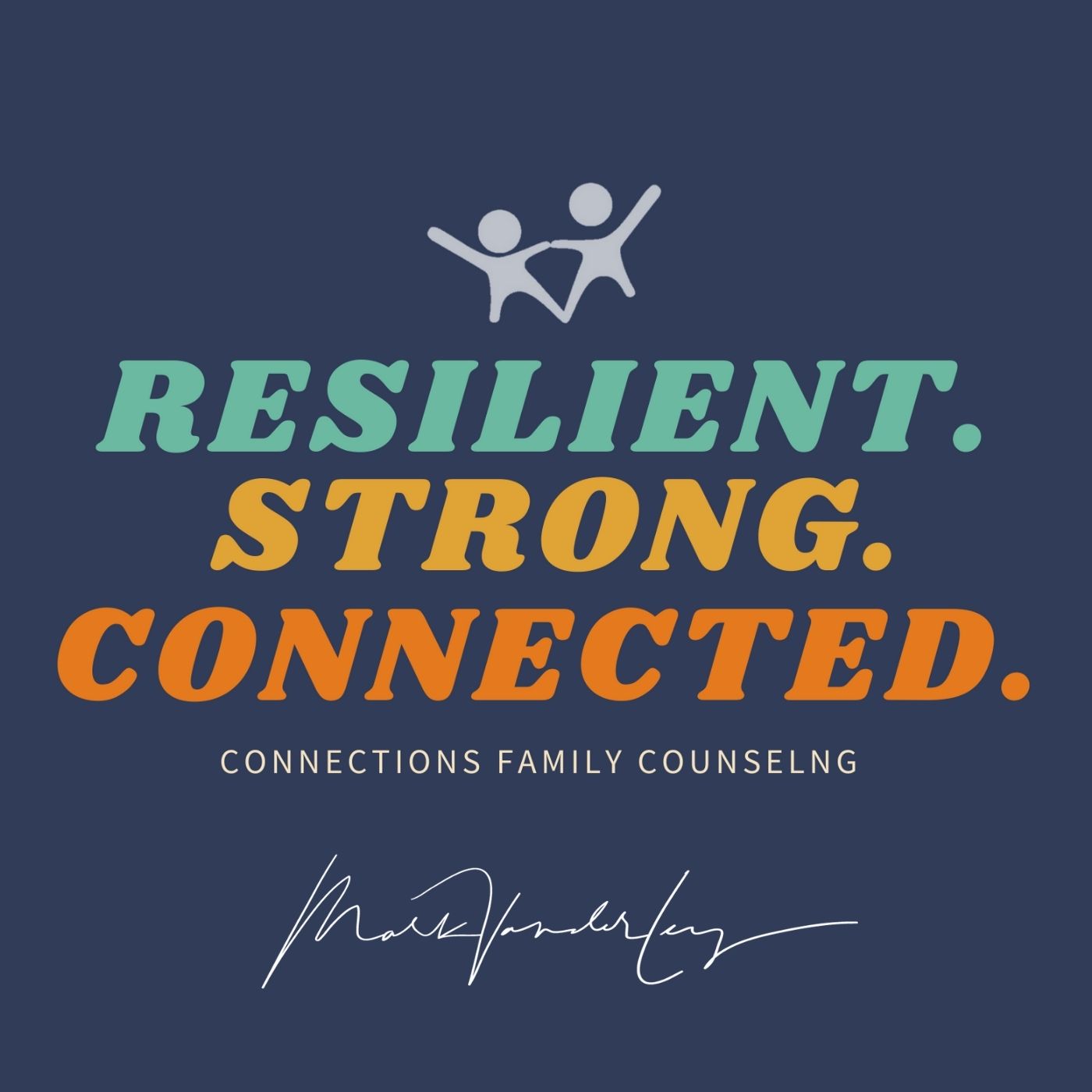Episodes

Tuesday Jan 29, 2019
The Connected Family Podcast Ep. 004 Parenting Styles
Tuesday Jan 29, 2019
Tuesday Jan 29, 2019
It seems that nearly every month I hear of a new book or article that touts the latest trends in parenting styles. Most recently I heard about the Lawn mower parent –one that cuts down any challenges in front of their children. There is attachment parenting, the helicopter parent, drill sergeant parent, consultant parent and one book sings “the battle hymn of the ‘tiger mother’”.
Why all this discussion about parenting styles? It seems that we have lots of questions and concerns about if we are doing it right, and what the best way to relate, discipline, and grow our children will be.
Parenting Styles: The research
Last year, I had the opportunity to write my dissertation titled, “The Relationship Between Father Emotional Intelligence and Parenting Style.” So, I read a lot about parenting styles including how the categories developed and the research about which one is most effective.
Diana Baumrind was the first psychologist to categorize different styles of parenting and she did it based on the amount of control that was exercised by the parents. She asserted that parental control (or demandingness as it is now called) should be balanced with too much or too little control both ending up in less favorable outcomes for children.
In later years two other researchers named Maccoby and Martin extended the work of Baumrind and hypothesized an additional continuum of parenting called “parental warmth”. These psychologists describe four different parenting styles that can be categorized by putting the two dimensions of “demandingness” and “warmth” into a table. (see Below)
| High Warmth | Low Warmth | |
| High Demandingness | Authoritative | Authoritarian |
| Low Demandingness | Permissive | Neglectful |
Parenting Styles: Authoritative
The authoritative style is characterized by high levels of demandingness and high levels of warmth. This means there is a balance between demands for responsibility, following rules, meeting expectations, and empathy, compassion, and a child centered view of the world. According to research the authoritative parenting style produces best outcomes for children including in the areas of self-regulation, academic performance, and social skills.
Parenting Styles: Authoritarian
The authoritarian style is characterized by high levels of demandingness with low levels of warmth. This parent tends to say, “it is my way or the highway”. There are high expectations for following rules and little compassion or willingness to be flexible depending on the child’s view of the world.
Parenting Styles: Permissive
The permissive style is characterized by low levels of demandingness and high levels of warmth. The permissive parent does not set guidelines or rules but focuses on the child’s emotions and feelings although not in a child centered way. According to research the permissive style can result in difficulty with self-regulation and difficulty in following school or other expectations.
Parenting Styles: Neglectful
The neglectful parenting style is characterized by low levels of demandingness and low levels of warmth. This style may result in abuse depending on severity. A neglectful parent tends to be uninvolved sets no limits and provides minimal emotional support. The neglectful style of parenting may be considered the least preferred style of parenting.
Parenting Styles: Now what?
What does one do with this information? I challenge parents to reflect on how they believe they were parented. What parenting style was most often used in the home they grew up in? What parenting style do they most often use themselves? In many cases the answer to those two questions is the same. The most important thing with parenting styles, in my opinion, is to be intentional. Do not blindly do it the way your parents did it. Think through the tone, culture and experience you want to create for your family and then intentionally seek to do that. Usually this will require some work on the part of parents. I know it has for me. Do not give up though you can change how you are doing it and your efforts will impact the culture of your family.


No comments yet. Be the first to say something!